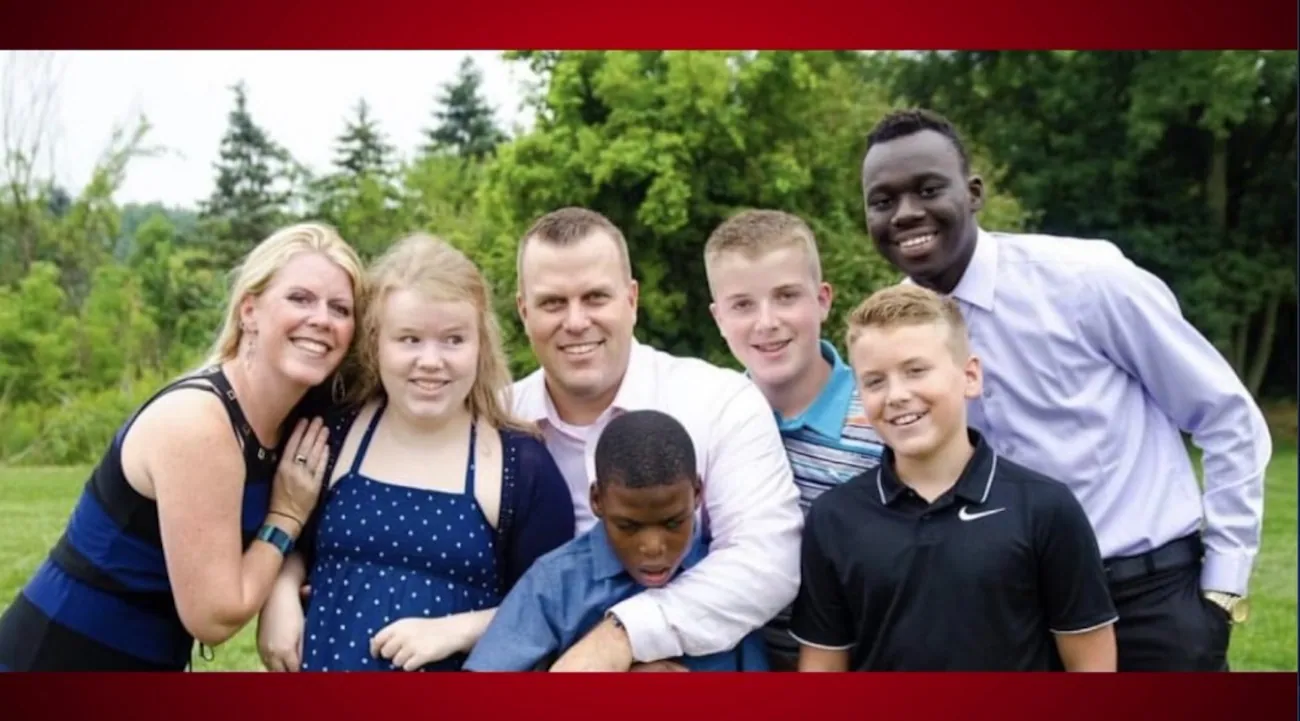Parents Need to Talk to Their Sons About Care

Source: https://www.msn.com/
During a mother-daughter lunch, Kate Washington listened as her 17-year-old daughter, Nora, excitedly discussed her future career plans, only to later express concerns about balancing her ambitions with motherhood. Nora acknowledged that mothers do more and questioned if it would be possible to manage both.
The conversation highlighted early signs of gender inequity, as Nora pointed out that none of her male peers seemed concerned about balancing career and caregiving responsibilities, which was painful for both Kate and Melissa, two authors focused on caregiving and equality in partnerships.
Are families talking about care? Yes, but mostly with girls.
To explore how parents are discussing work-life balance with their sons, the authors conducted a survey with parents of male-identifying children aged 16-21. They focused on sons because research shows that girls receive more career advice on work-life balance, while caregiving is still seen as a female responsibility. The survey, which garnered 120 responses (86% from women), revealed that gender norms still heavily influence how families view caregiving. It highlighted the assumption that women will take on the domestic load while men’s involvement is optional, reinforcing the undervaluing of women’s time and labor.
Care conversations mirror adult excuses
The authors conducted a survey asking parents if they had discussed balancing future work and family commitments with their sons, and whether their sons had initiated such conversations. The majority (58.3%) of parents had not raised the topic, and 70.8% said their sons had not either.
Most responses to open-ended questions revealed that some parents saw the lack of these discussions as a wake-up call, while others provided defensive reasons, such as the belief that the topic was too distant or irrelevant due to their sons’ current focus on studies or extracurricular activities. The authors interpreted these responses as indicative of male privilege, where boys are not expected to consider balancing work and family, unlike girls who often face such pressures.
Some respondents felt explicit discussions about balancing work and family weren’t necessary, citing role modeling in their families, such as parents adjusting work schedules for caregiving. However, the authors argue that role modeling alone isn’t enough to ensure children will follow these behaviors, especially since cognitive labor is often invisible.
Another common excuse was “gender unaware” behavior, where parents treat all children equally, assuming equal outcomes. Some parents also noted they hadn’t had the conversation with any of their children, but girls are more likely to receive cultural messages about caregiving. Finally, a few respondents said their sons didn’t want children, so the discussion seemed unnecessary. However, the authors emphasize that caregiving responsibilities extend beyond parenting and should be normalized for all genders.
How to have better care conversations
The 23 parents who shared their experiences of talking to their sons about caregiving provided valuable insights on how to approach the topic. Timing and context are key, with many parents choosing relaxed moments or linking discussions to topics their sons are already interested in, like job seeking or viral videos. It’s important to remind boys that caregiving is everyone’s responsibility, not just something to pay for.
If parents model gender equity at home, they should frame it as a conscious choice. These conversations should be ongoing, similar to discussions about other important topics. Shifting gender norms requires continued dialogue, helping boys recognize caregiving as a shared responsibility.
Read More: https://childreninfobank.com/safebank/parents-need-to-talk-to-their-sons-about-care/
Image Source: https://www.msn.com/





